
The 53206 ZIP code is one of the most troubled in the city.

The 53206 ZIP code is one of the most troubled in the city.

Milwaukee Journal Sentinel reporter James E. Causey kept a weekly journal during the summer of 2018, while he was reporting about the "We Got This" summer garden program in one of the city's most troubled neighborhoods. Here he shares some excerpts.

“I try to provide them with the tools to grow, so they can make that decision not to jump in that (stolen car), and not to pick up that gun, because they need to make those decisions when no one else is around.”
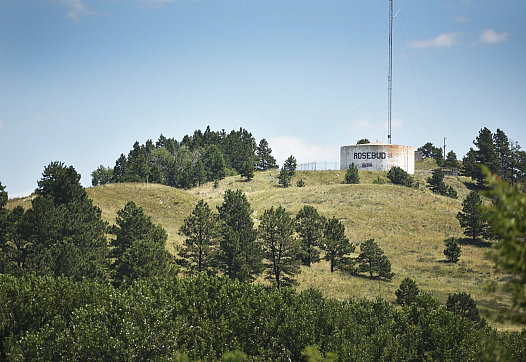
Dozens of patients have died needlessly due to errors made in Indian Health Service hospitals in South Dakota alone.
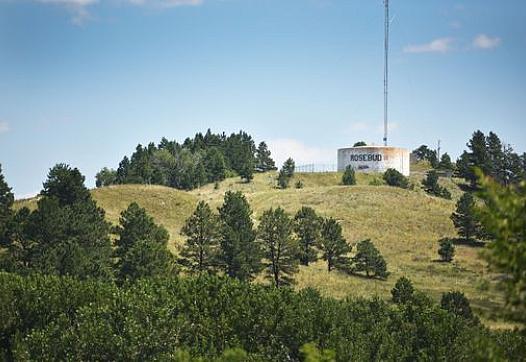
The move to push tribes onto reservations came with health consequences. Traditional diets were harder to access, which meant people couldn’t hunt or gather traditional foods or ingredients for medicines.
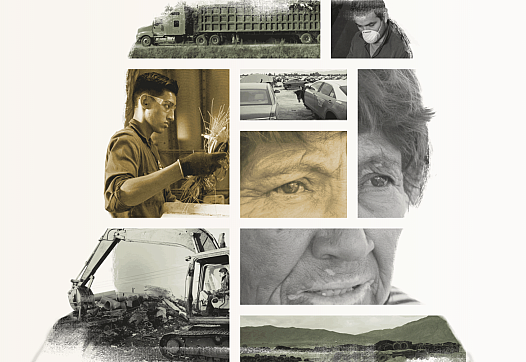
For years, the New River has been plagued by toxic pollutants and raw sewage spills. In 2016, two Desert Sun journalists set out to discover why.
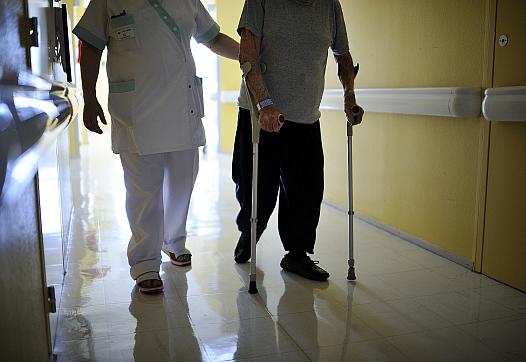
As the country faces a deluge of older patients, emergency departments nationwide are seeking ways to improve senior care.

This story was produced as part of a larger project led by Rachel Dissell and Brie Zeltner, participants in the 2018 National Fellowship....

This story was produced as part of a larger project led by Rachel Dissell and Brie Zeltner, participants in the 2018 National Fellowship....
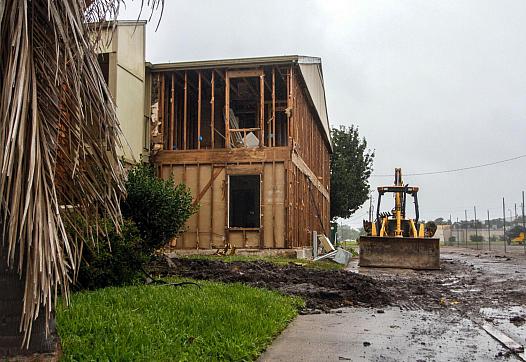
Little has been done to boost the number of affordable rental units since Harvey struck.